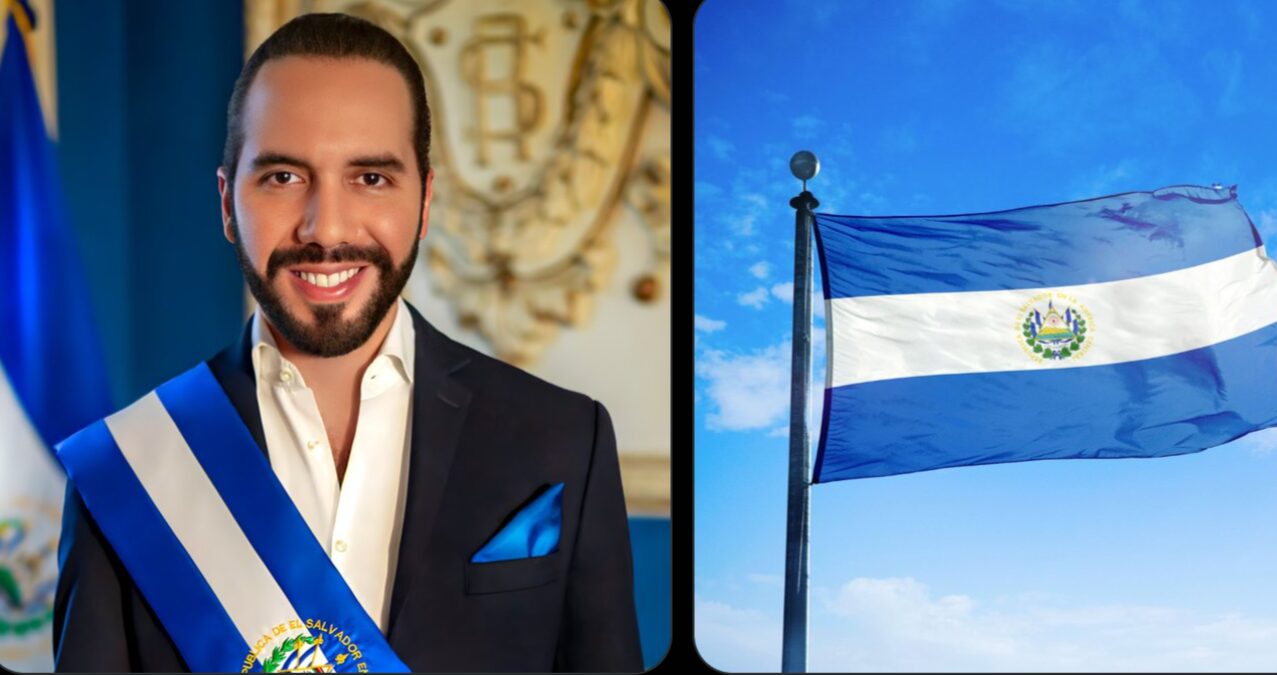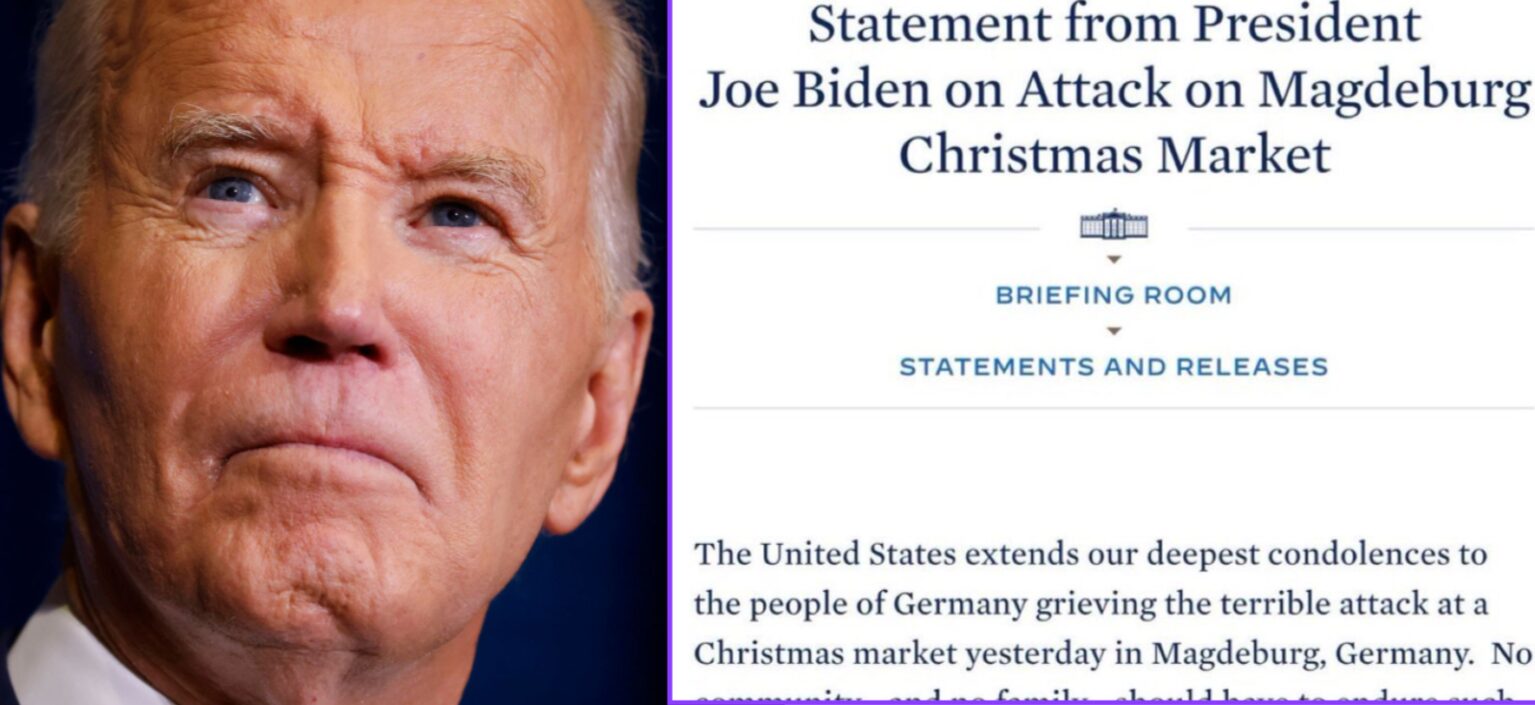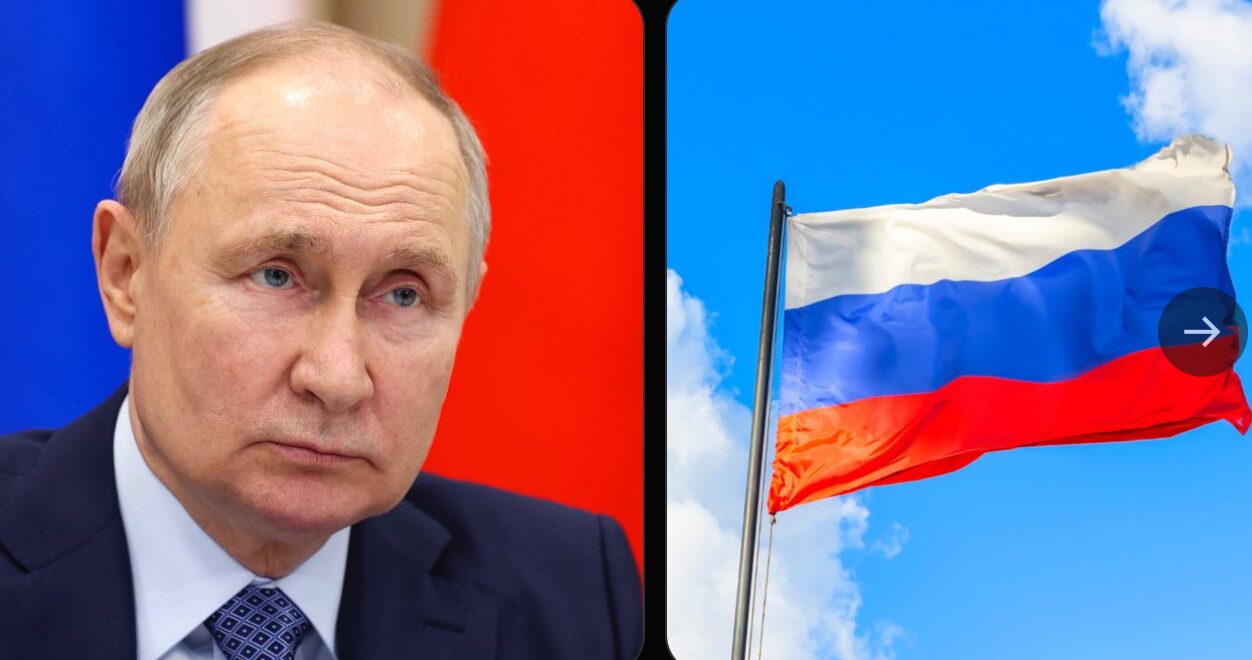Murders Have Drop to a Record Low in El Salvador Under the Leadership of President Bukele
El Salvador is witnessing a historic decline in crime, with murders hitting a record low under the leadership of President Nayib Bukele. The country, which has long struggled with high levels of violence, particularly related to gang activity, is now experiencing a significant reduction in homicides. This achievement has garnered both praise and criticism, as it signals a major shift in the country’s security landscape.
A Historic Drop in Murders
For years, El Salvador has been one of the most violent countries in the world, plagued by criminal gangs, particularly the notorious MS-13 and Barrio 18. Murder rates soared in the early 2000s, and the country became synonymous with gang violence and a lack of security. However, recent reports show that under President Bukele’s administration, the number of murders has drastically decreased.
In 2024, El Salvador recorded its lowest number of homicides in over two decades. According to official figures, the country has seen a drop of more than 50% in murder rates compared to previous years, making it one of the most significant reductions in violence in the nation’s history. This dramatic decrease is being celebrated by many citizens who have long suffered from the effects of violence.
President Bukele himself has been quick to take credit for this success, highlighting his administration’s security policies as the driving force behind the drop in crime. The achievement has been hailed as one of the most significant accomplishments of his presidency, and it has garnered attention both domestically and internationally.
Bukele’s Security Strategy
The dramatic decrease in murders can largely be attributed to President Bukele’s aggressive approach to tackling gang violence. Since taking office in 2019, Bukele has implemented a series of tough measures aimed at dismantling the powerful gangs that have held sway in the country for decades.
One of the key components of Bukele’s security strategy has been the implementation of the “Territorial Control Plan,” which focuses on increasing the presence of law enforcement in areas heavily affected by gang violence. This plan includes deploying thousands of soldiers and police officers to patrol neighborhoods, combat gang activity, and ensure that residents feel safe in their communities.
Another major initiative has been the controversial “State of Exception” policy, which grants the government temporary emergency powers to detain suspected gang members without a warrant, expand surveillance, and restrict certain civil liberties. Bukele has argued that these measures are necessary to confront the entrenched criminal organizations that have long controlled swaths of El Salvador.
In addition to law enforcement measures, Bukele has emphasized the need for social programs aimed at preventing youth from joining gangs in the first place. His administration has invested in education, employment opportunities, and rehabilitation for former gang members as part of a broader strategy to address the root causes of crime.
Public Opinion: A Mixed Reaction
While the reduction in murders is widely seen as a positive development by many Salvadorans, Bukele’s security policies have sparked debate and controversy. Supporters argue that the president’s tough stance on crime is exactly what the country needed to restore order and safety. For many citizens, the decline in murders means that they can now go about their daily lives without the constant fear of violence.
“El Salvador was a country in crisis,” said one resident of San Salvador, the nation’s capital. “Now, it feels like we can breathe again. The streets are safer, and I don’t have to worry about my kids going out.”
However, critics of Bukele’s policies warn that his government’s heavy-handed tactics come at the expense of human rights. The “State of Exception” policy has drawn significant international criticism from human rights organizations, which argue that it undermines civil liberties and has led to widespread abuses, including the arbitrary detention of innocent people.
There have been reports of detainees being held without charges, and accusations of police brutality have surfaced. Human rights groups have expressed concern that Bukele’s administration is bypassing due process in the name of security, raising questions about the long-term consequences of these policies for democracy and the rule of law in El Salvador.
Moreover, some argue that while the reduction in murders is significant, it does not address the root causes of violence, such as poverty, lack of education, and social inequality. Critics contend that the government should focus on long-term social reforms in addition to the security measures in place.
International Reactions and Criticisms
The drop in murders has attracted attention beyond El Salvador’s borders. President Bukele’s leadership has been lauded by some international figures and organizations for bringing peace to a nation that had long been regarded as one of the most dangerous in the world.
The U.S. government, which has historically been concerned about gang violence spilling over into its own borders, has taken note of the improvements in security. However, Washington has also expressed concerns about the human rights implications of Bukele’s methods. While the U.S. is not opposed to the reduction in violence, it has called for greater transparency and accountability in the way the Salvadoran government handles security operations.
At the same time, some international human rights organizations, such as Amnesty International and Human Rights Watch, have criticized the “State of Exception” measures, urging the government to find a balance between security and protecting citizens’ rights. These groups are particularly concerned about the lack of judicial oversight and the potential for abuse in the system.
Economic and Social Impacts
The decline in violence has had a positive effect on El Salvador’s economy, with improved security contributing to a more favorable business environment. Businesses in areas previously controlled by gangs are now able to operate without the constant threat of extortion or violence. Tourism, which had been severely impacted by the country’s reputation for crime, has also seen a rebound as more travelers are drawn to the safer conditions.
In addition to the economic benefits, the reduction in violence has allowed for greater social cohesion. Communities that had long been divided by gang violence are now finding opportunities to rebuild, with residents working together to restore a sense of peace and security in their neighborhoods.
However, while the economic and social benefits are significant, the government’s reliance on security measures raises concerns about the long-term sustainability of peace in El Salvador. Critics argue that unless the root causes of violence are addressed, the gains made through tough security policies could be temporary, and the country may face a resurgence of violence in the future.
Looking Ahead: A Challenging Road to Lasting Peace
Although El Salvador has made remarkable progress in reducing murders and improving security, the road to lasting peace remains a complex and challenging one. President Bukele’s tough approach has undoubtedly delivered impressive results in terms of reducing violence, but the long-term stability of the country will depend on how well the government addresses the underlying causes of crime and violence.
Social programs, educational reforms, and economic opportunities must complement security measures if El Salvador is to build a safer, more prosperous future for all its citizens. It remains to be seen whether the country can maintain its progress in reducing crime while also ensuring that human rights and democratic principles are respected.
President Bukele’s success in reducing murders is a testament to the power of decisive leadership in the face of overwhelming challenges. However, the question remains: can El Salvador sustain this progress and move toward lasting peace without sacrificing its democratic values?

















Post Comment